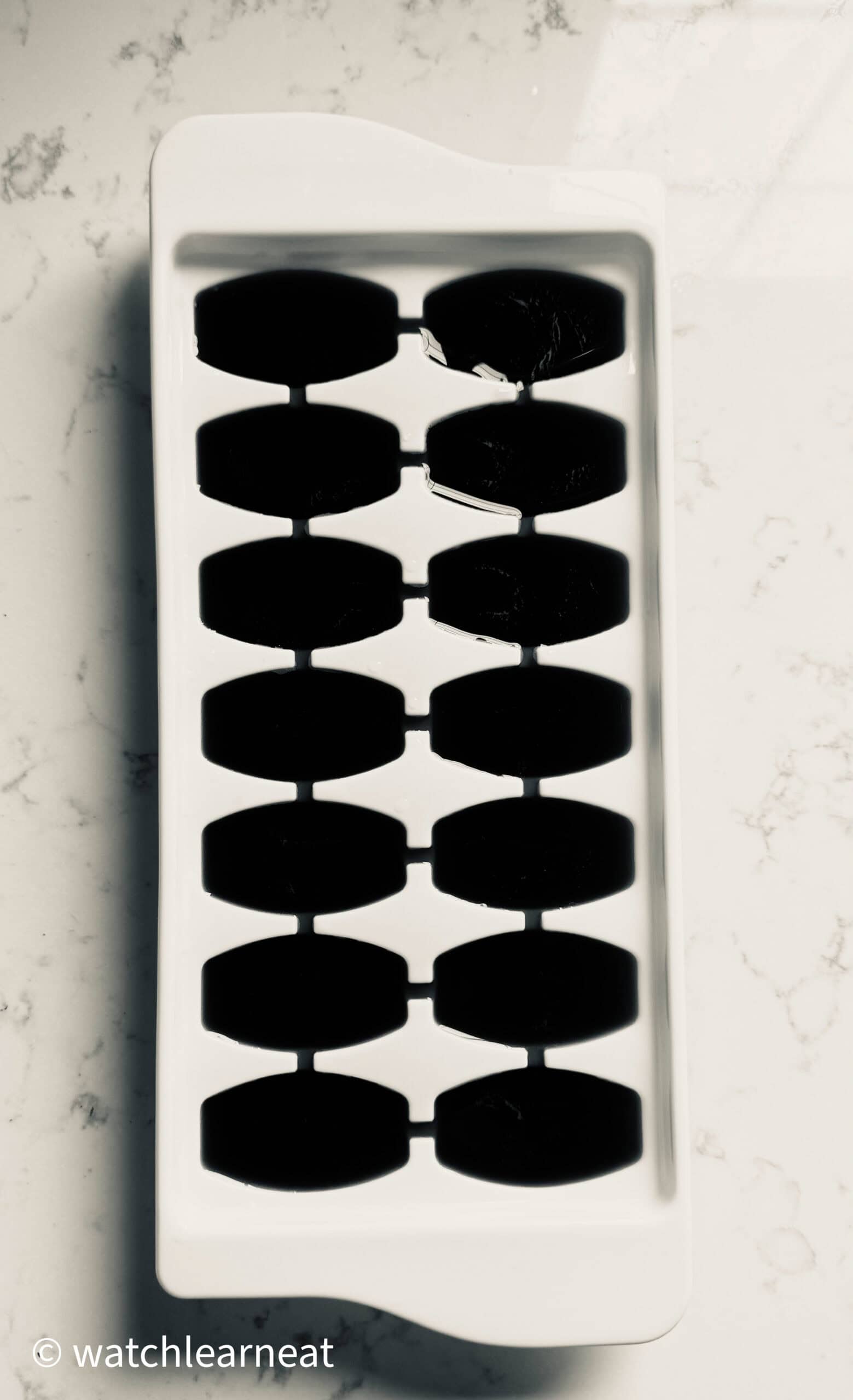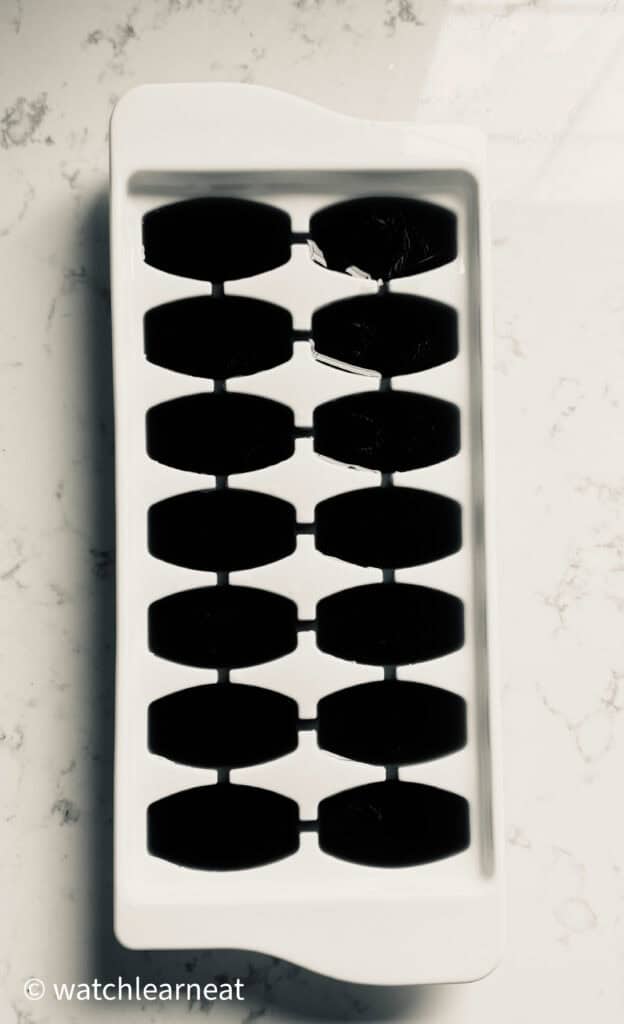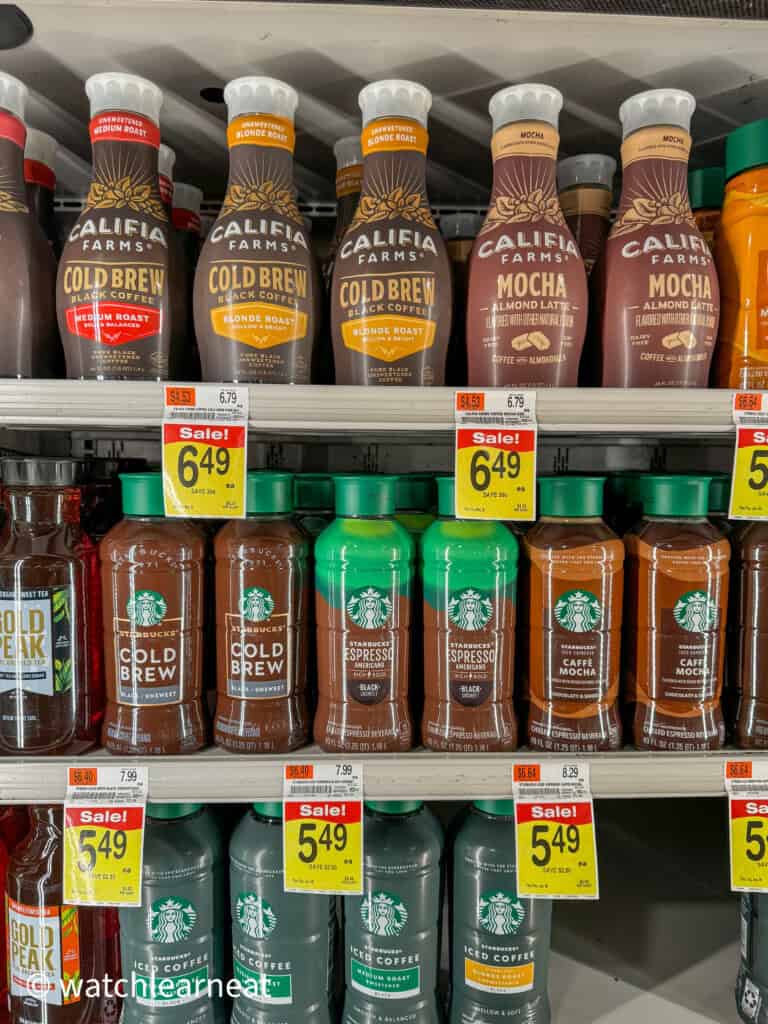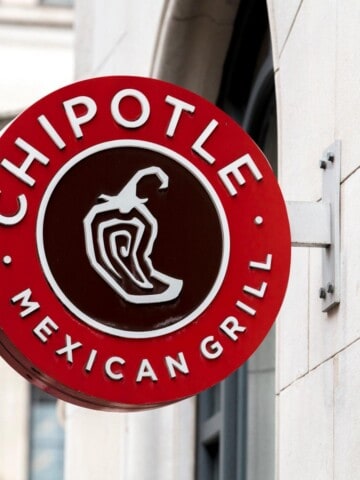You’ve perfected your cold brew recipe, but now you’re faced with the big question: how long will my cold brew coffee last in the fridge? Here, we'll dive into the nitty-gritty of cold brew longevity and learn some nifty tricks to keep that rich flavor around as long as possible. After all, no one wants to repeat my mistake of trying to salvage expired coffee by pretending it’s an acquired taste.

Are you a fan of cold brew coffee? If so, you're not alone. Cold brew has become increasingly popular over recent years, thanks to its smooth and rich flavor.
In fact, according to the National Coffee Association’s 2023 report, cold brew consumption has gone up by more than 25% in the past 5 years.
If you are like me and brew your coffee at home or whip up a Starbucks copycat recipe every once in a while, you may wonder how long your beverage will stay fresh. In this comprehensive guide we’ll answer your burning questions around how long cold brew coffee lasts. Plus stick around for some awesome tips on increasing shelf life or repurposing stale coffee for alternative uses.
Let's dive in.
Table of contents
How is cold brew different from regular iced coffee?
Cold brew coffee is not just regular coffee served cold. It is a unique brewing method that involves steeping coffee grounds in cold water for an extended period of time, usually around 12 to 24 hours. This slow extraction allows for a different flavor profile compared to traditional hot brewed coffee poured over ice.
One of the key differences is the lower acidity in cold brew. its easier on your stomach, reducing the risk of discomfort.
Cold brew is fairly unprocessed - since it lacks heat when brewing, it contains lower levels of oils and fatty acids when compared to hot coffee. This also helps contribute to a longer shelf life than regular hot coffee. However, proper storage techniques are necessary to maintain the freshness of the beverage.
How long does cold brew coffee last in the refrigerator?
If brewed at home, cold brew coffee can last in the refrigerator for 7-10 days for peak freshness. However, shelf life can vary depending on various factors, such as the quality of the beans, brewing process, and storage conditions.
Cold brew concentrates can likely be held longer, up to two weeks, especially if they are stored in an airtight container.
Keep it in an airtight container in the refrigerator at a temperature below 40°F (4°C). This will help preserve the flavors and keep your cold brew tasting its best for as long as possible.
If you’ve purchased cold brew outside rather than brewing at home, check the expiration or best by date on packaging. Often times, these tend to have a longer expiration date, likely due to airtight packaging or adding nitrogen to help keep the beverage fresh.

Signs of spoiled cold brew
One of the tell-tale signs that your coffee has gone bad is when you do a sniff test. If it smells funny, it is funny- don’t drink it.
Taste is another indicator of spoilage. If your cold brew tastes overly bitter, sour, or has an unpleasant aftertaste, it's likely that it has gone bad. Fresh cold brew should have a smooth, mellow flavor, and almost a sweet taste - so any noticeable change in taste should be a warning sign.
When in doubt, it's best to err on the side of caution and discard any cold brew that you suspect has gone bad. Drinking spoiled coffee can lead to stomach discomfort, nausea, or other adverse effects. It's always better to be safe than sorry to protect your health.
3 Hacks to make your cold brew last longer
- Storage: Store smaller portions. Once you brew your batch, pour them into smaller glass airtight containers. It is best to use dark or amber glass jars as it reflects light away from the container to keep the coffee extra fresh. Extra tip - You can repurpose old wine bottles and seal them with a wine cork!
- Temperature: Cold brew must be kept refrigerated. Keep your cold brew in the back of the fridge. Keeping it in the back allows the temperature remain rather stable when opening and closing your refrigerator door.
- Freezing: Freezing cold brew can significantly extend its shelf life. Pour the cold brew into ice cube trays or freeze it in small batches, then transfer the frozen cubes into an airtight container. When you're ready to enjoy a cup of cold brew, simply thaw the cubes or portions in the refrigerator overnight or at room temperature.

Alternative uses for leftover cold brew coffee
There are plenty of creative ways to repurpose it instead of letting it go to waste such as cooking or baking with coffee. Check out some creative recipe uses of coffee listed out by the lemon bowl here; you can just sub out regular coffee with cold brew!
Another creative use for leftover cold brew is to make coffee-infused syrups or sauces. Heat it up on the stovetop to make it a concentrate. Mix it with sugar or other ingredients to create a versatile syrup that can be drizzled over pancakes, waffles, or desserts.
These are just a few examples of how you can repurpose leftover cold brew coffee. Let us know how you ended up reusing your coffee in the comments below.
Enjoy your brew and keep sippin'!
Frequently Asked Questions
It's not recommended to leave cold brew coffee at room temperature for more than 8-10 hours. After that coffee will start to taste stale and bacterial growth can occur. You should always try to store your cold brew in the refrigerator to maintain freshness and flavor.
Cold brew is intended to be served cold or over ice. Reheating it may alter the taste and texture, potentially making it less enjoyable. If you prefer warm or hot coffee, start with a fresh batch of hot brewed coffee instead.
Absolutely! Cold brew concentrate can be diluted with hot water to make a delicious cup of hot coffee. Start with a 1:1 ratio of cold brew concentrate to hot water and adjust according to your taste preferences.
It's not recommended to use expired cold brew coffee. Check out our alternative uses for coffee above!
©Watch Learn Eat. All content and images are copyright protected, and are not to be used or republished without prior permission. You may; however, link back to this post on your website as a reference tool.









Leave a Reply